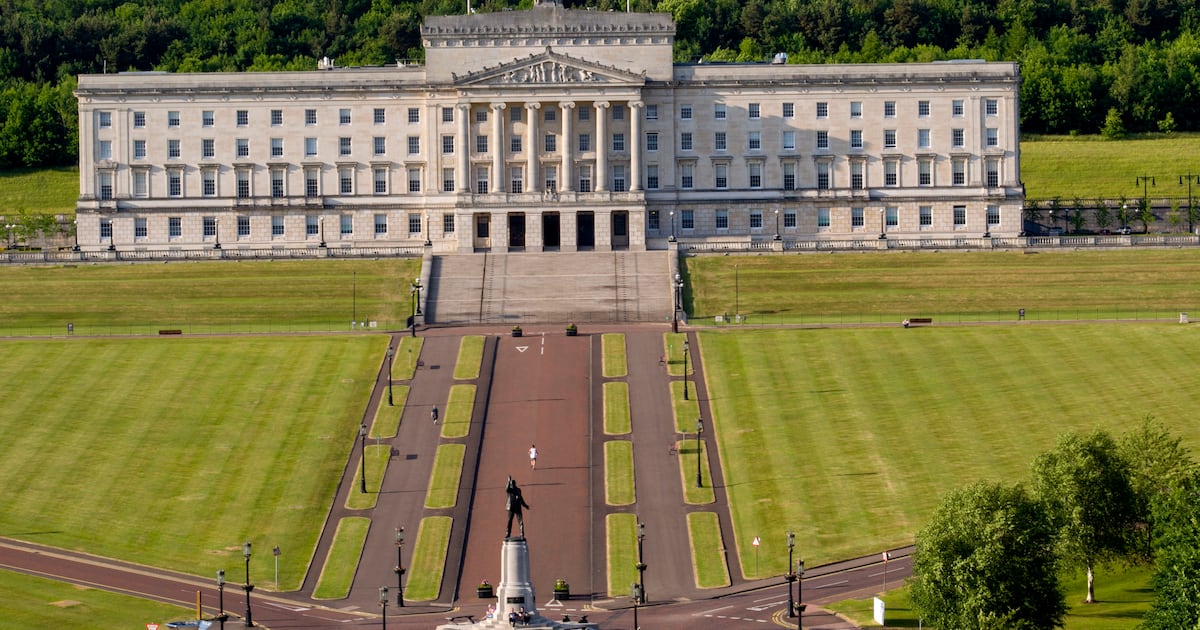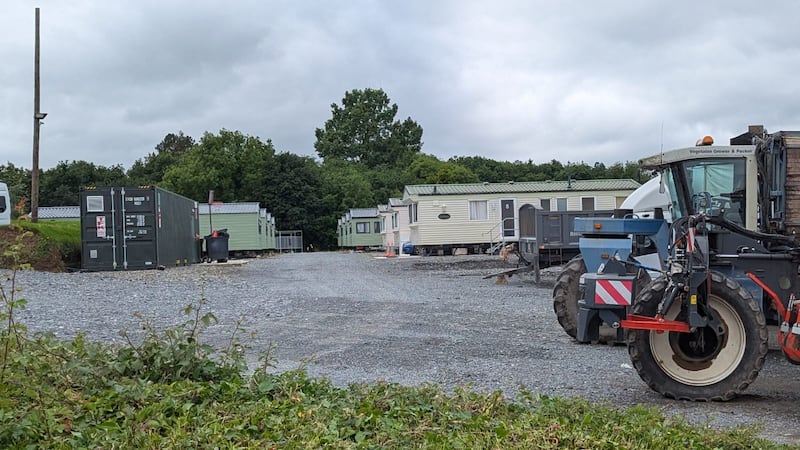June 17 1975
If the period since the Convention committee began discussing its standing orders has been a depressing one for the electors who voted the Convention into being, there will be signs of satisfaction that at last it can get down to debating the issue for which it was primarily established.
Today’s motion about devising a system of government commanding widespread acceptance brings a need for change in political thinking and the casting away of the sterile politics of the past.
The Convention members have had the benefit of discussion papers from the Northern Ireland Office in the hope that, from such information, a debate can emerge in which the members really face up to the issue of finding an agreed formula for a system of devolved government which will offer the seeds of hope and provide the lines for a new form of political development acceptable to all those with the will to make it workable.
It is more than ever necessary to make the attempt. Politicians on all sides will begin today to substantiate their arguments and one can only hope that this will be done with calmness and in words that will not hopelessly obscure the urgent need to find a consensus view for a structure which will also enable some form of peace to be established, and point the way in which decent community living can be revived.
The clear intention of the British Government was to use the Convention idea to bring its own measure of relief from an unending political distraction and a fifty-year-old embarrassment.
It will expect the Convention to grasp the truth of what government for the Six Counties must be in the future. It must be one in which there is power-sharing. There must be real democracy, however and wherever power is expressed; and there must be the outlawing of executive action of a discriminating nature by central and local government bodies.
Loyalists may not like the “different” look which government – if agreed to – must take on here. There will no more Governors of Privy Councils, no more Unionist patronage, an end to discrimination in employment in the public and private sectors; and justice and equality in all forms of administration.
Despite the cautious optimism expressed by the Irish News in this editorial, the Northern Ireland Constitutional Convention did not reach agreement as the majority-Unionist report sought for a return to “majority rule”, unacceptable to the SDLP, the Alliance Party and the British government.

